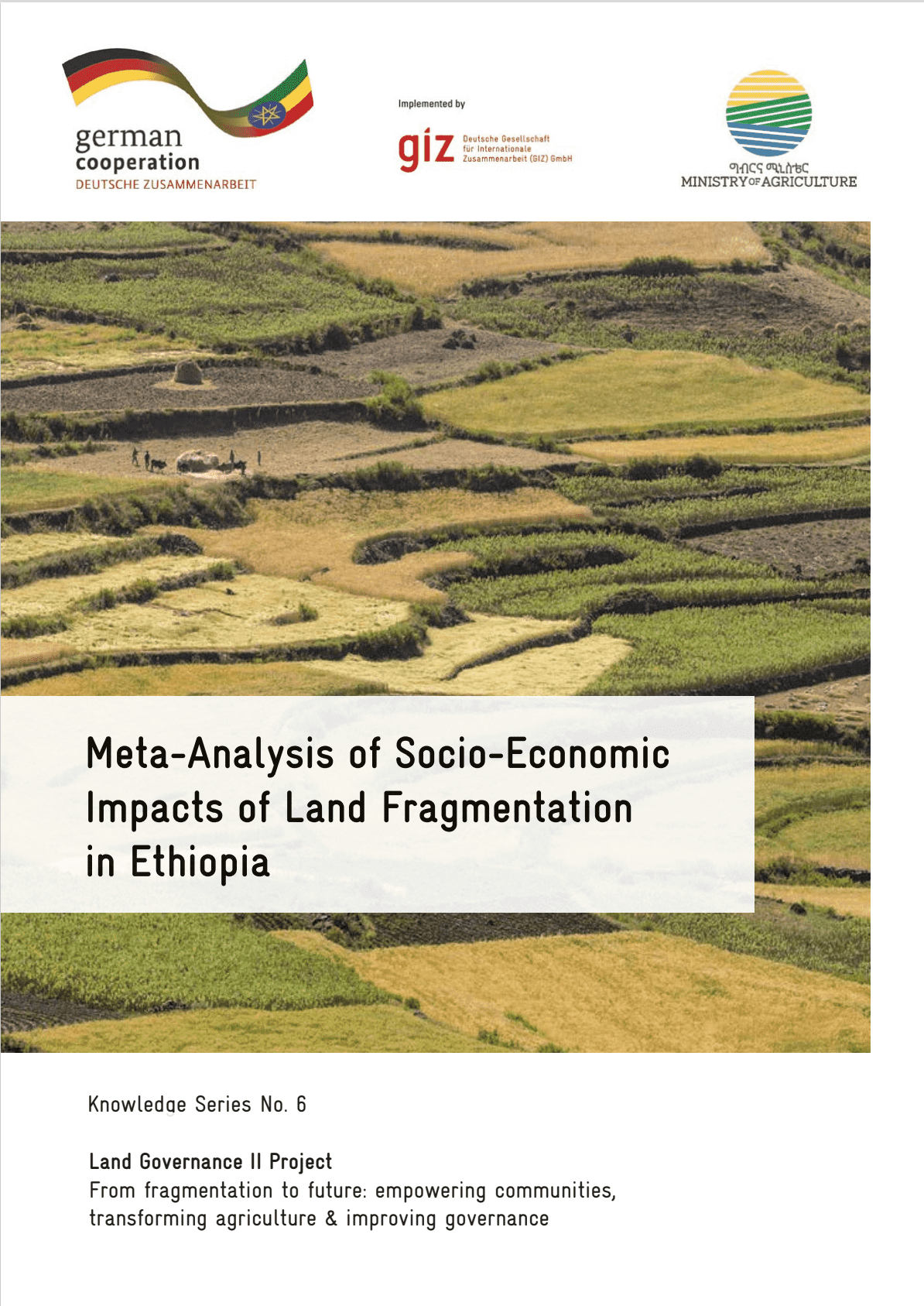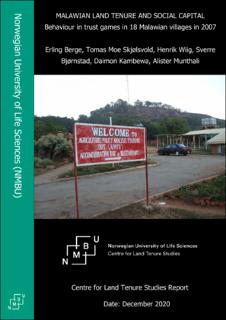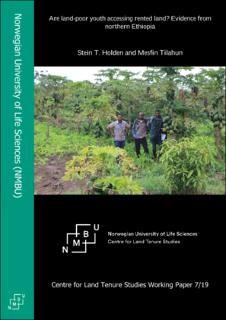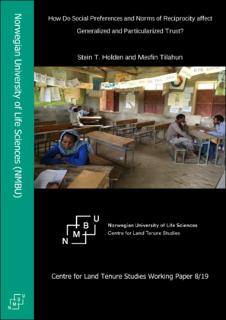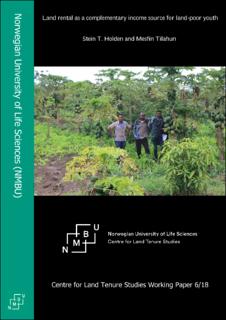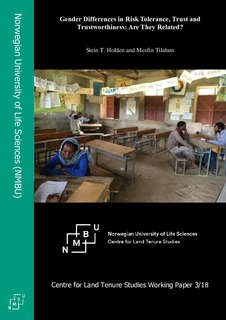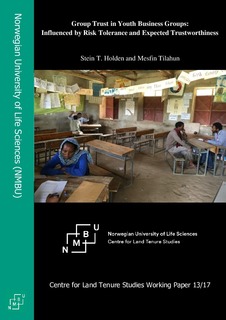Meta-Analysis of Socio-Economic Impacts of Land Fragmentation in Ethiopia
This study focuses on land fragmentation in Ethiopia, exploring its impact on agricultural productivity and rural development. It proposes strategies for addressing fragmentation through land consolidation. The study employs a robust methodology, including data collection and analysis of data, along with a meta-analysis of existing reports and studies on land fragmentation. Through these analytical approaches, the study aims to provide empirical evidence supporting the effectiveness of land consolidation strategies in Ethiopia.

